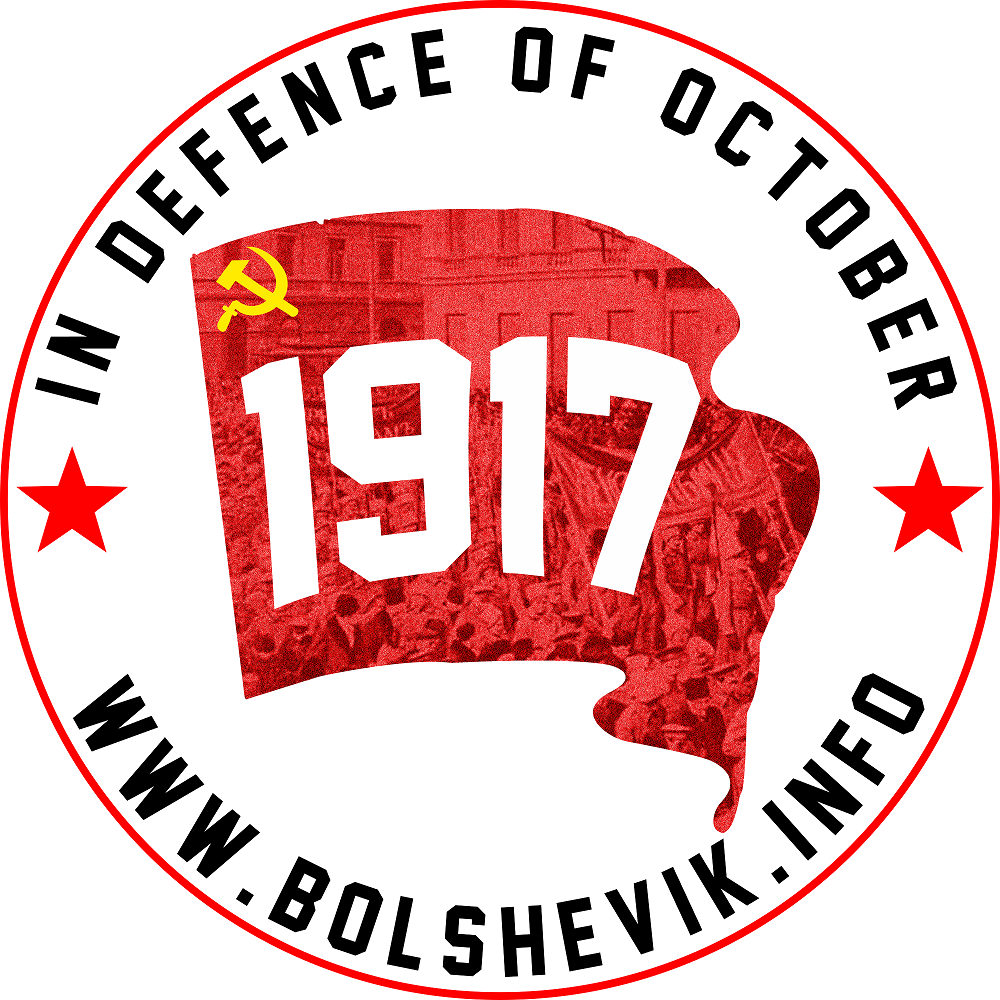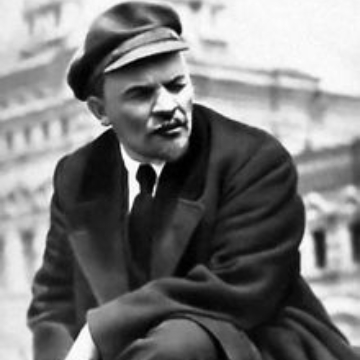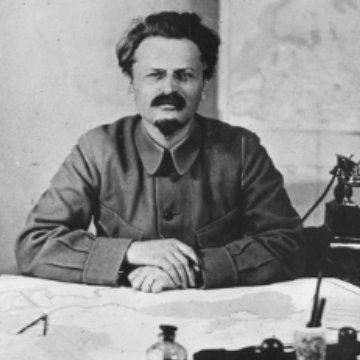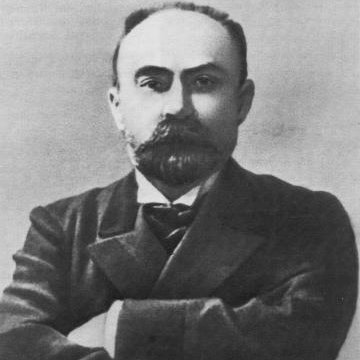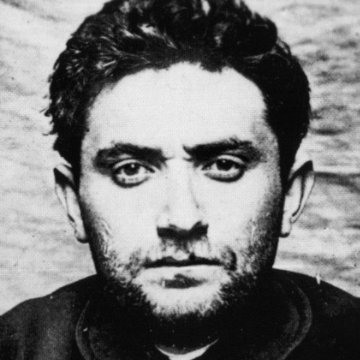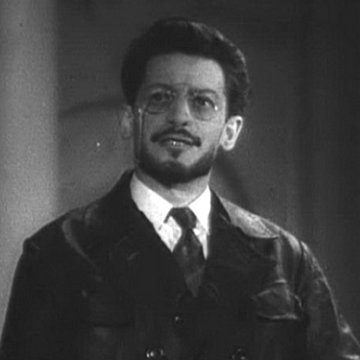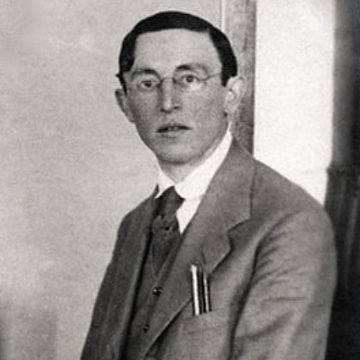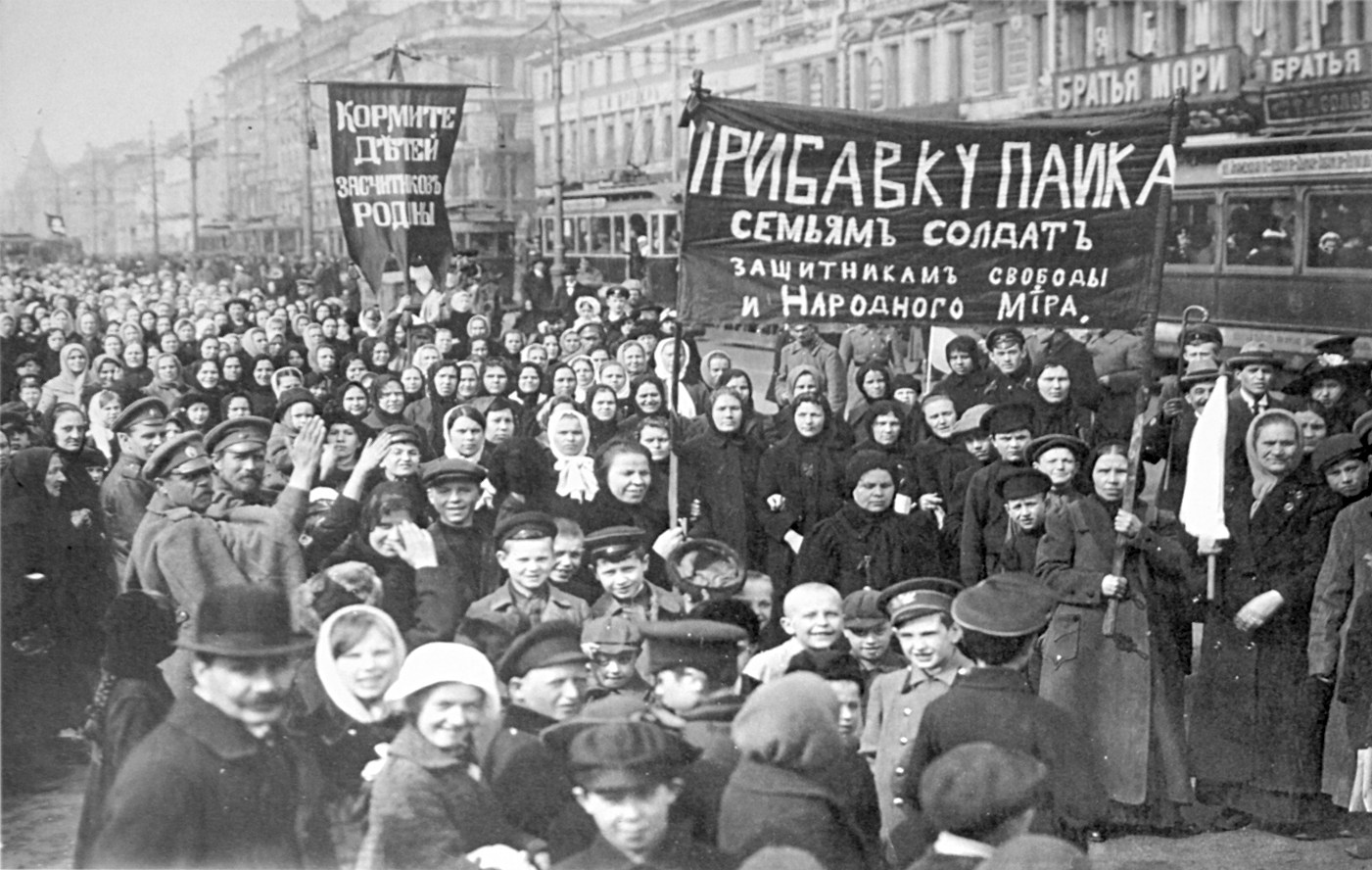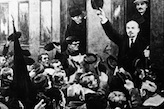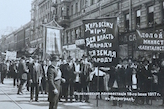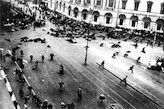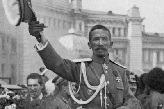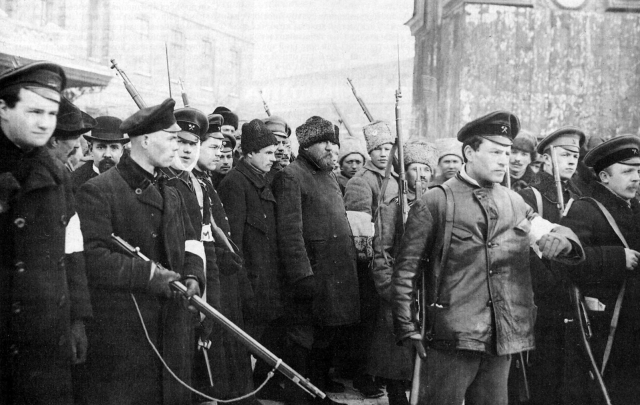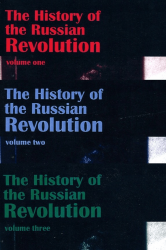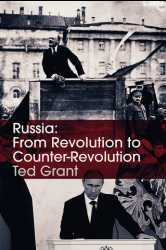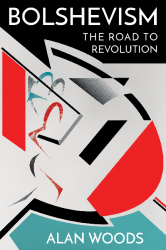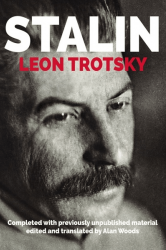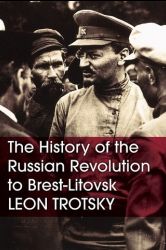Compulsory Association
Compulsory syndication, i.e., compulsory association, of the industrialists, for example, is already being practised in Germany. Nor is there anything new in it. Here, too, through the fault of the Socialist-Revolutionaries and Mensheviks, we see the utter stagnation of republican Russia, whom these none-too-respectable parties "entertain" by dancing a quadrille with the Cadets, or with the Bublikovs, or with Tereshchenko and Kerensky.
Compulsory syndication is, on the one hand, a means whereby the state, as it were, expedites capitalist development, which everywhere leads to the organisation of the class struggle and to a growth in the number, variety and importance of unions. On the other hand, compulsory "unionisation" is an indispensable precondition for any kind of effective control and for all economy of national labour.
The German law, for instance, binds the leather manufacturers of a given locality or of the whole country to form an association, on the board of which there is a representative of the state for the purpose of control. A law of this kind does not directly, i.e., in itself, affect property relations in any way; it does not deprive any owner of a single kopek and does not predetermine whether the control is to be exercised in a reactionary-bureaucratic or a revolutionary-democratic form, direction or spirit.
Such laws can and should be passed in our country immediately, without wasting a single week of precious time; is should be left to social conditions themselves to determine the more specific forms of enforcing the law, the speed with which it is to be enforced, the methods of supervision over its enforcement, etc. In this case, the state requires no special machinery, no special investigation, nor preliminary enquiries for the passing of such a law. All that is required is the determination to break with certain private interests of the capitalists, who are "not accustomed" to such interference and have no desire to forfeit the super-profits which are ensured by the old methods of management and the absence of control.
No machinery and no "statistics" (which Chernov wanted to substitute for the revolutionary initiative of the peasants) are required to pass such a law, inasmuch as its implementation must be made the duty of the manufacturers or industrialists themselves, of the available public forces, under the control of the available public (i.e., non-government, non-bureaucratic) forces too, which, however, must consist by all means of the so-called "lower estates", i.e., of the oppressed and exploited classes, which in history have always proved to be immensely superior to the exploiters in their capacity for heroism, self-sacrifice and comradely discipline.
Let us assume that we have a really revolutionary-democratic government and that it decides that the manufacturers and industrialists in every branch of production who employ, let us say, not less than two workers shall immediately amalgamate into uyezd and gubernia associations. Responsibility for the strict observance of the law is laid in the first place on the manufacturers, directors, board members, and big shareholders (for they are the real leaders of modern industry, its real masters). They shall be regarded as deserters from military service, and punished as such, if they do not work for the immediate implementation of the law, and shall bear mutual responsibility, one answering for all, and all for one, with the whole of their property. Responsibility shall next be laid on all office employees, who shall also form one union, and on all workers and their trade union. The purpose of “unionisation” is to institute the fullest, strictest and most detailed accountancy, but chiefly to combine operations in the purchase of raw materials, the sale of products, and the economy of national funds and forces. When the separate establishments are amalgamated into a single syndicate, this economy can attain tremendous proportions, as economic science teaches us and as is shown by the example of all syndicates, cartels and trusts. And it must be repeated that this unionisation will not in itself alter property relations one iota and will not deprive any owner of a single kopek. This circumstance must be strongly stressed, for the bourgeois press constantly “frightens” small and medium proprietors by asserting that socialists in general, and the Bolsheviks in particular, want to “expropriate” them—a deliberately false assertion, as socialists do not intend to, cannot and will not expropriate the small peasant even if there is a fully socialist revolution. All the time we are speaking only of the immediate and urgent measures, which have already been introduced in Western Europe and which a democracy that is at all consistent ought to introduce immediately in our country to combat the impending and inevitable catastrophe.
Serious difficulties, both technical and cultural, would be encountered in amalgamating the small and very small proprietors into associations, owing to the extremely small proportions and technical primitiveness of their enterprises and the illiteracy or lack of education of the owners.. But precisely such enterprises could be exempted from the law (as was pointed out above in our hypothetical example). Their non-amalgamation, let alone their belated amalgamation, could create no serious obstacle, for the part played by the huge number of small enterprises in the sum total of production and their importance to the economy as a whole are negligible, and, moreover, they are often in one way or another dependent on the big enterprises.
Only the big enterprises are of decisive importance; and here the technical and cultural means and forces for “unionisation” do exist; what is lacking is the firm, determined initiative of a revolutionary government which should be ruthlessly severe towards the exploiters to set these forces and means in motion.
The poorer a country is in technically trained forces, and in intellectual forces generally, the more urgent it is to decree compulsory association as early and as resolutely as possible and to begin with the bigger and biggest enterprises when putting the decree into effect, for it is association that will economise intellectual forces and make it possible to use them to the full and to distribute them more correctly. If, after 1905, even the Russian peasants in their out-of-the-way districts, under the tsarist government, in face of the thousands of obstacles raised by that government, were able to make a tremendous forward stride in the creation of all kinds of associations, it is clear that the amalgamation of large- and medium-scale industry and trade could be effected in several months, if not earlier, provided compulsion to this end were exercised by a really revolutionary-democratic government relying on the support, participation, interest and advantage of the "lower ranks", the democracy, the workers and other employees, and calling upon them to exercise control.

